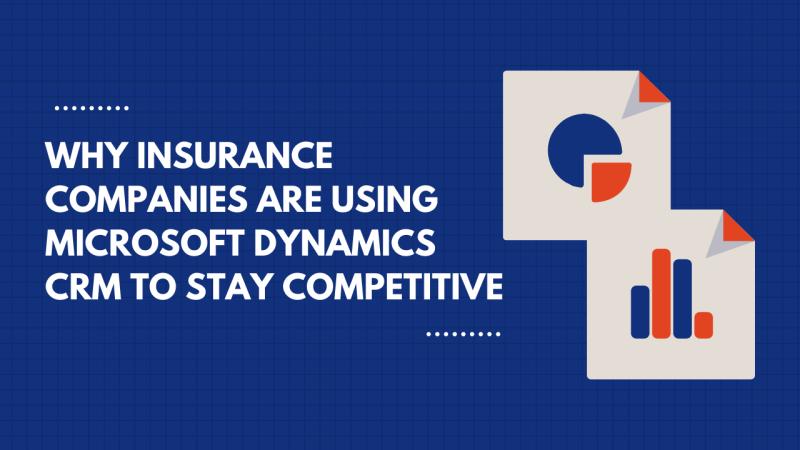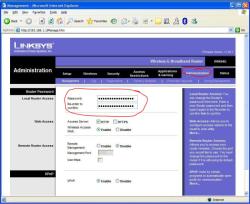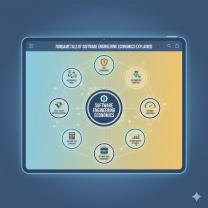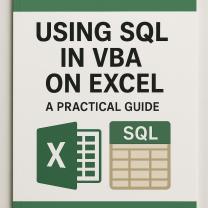Why do we use Microsoft Dynamics CRM?
Organizations use Microsoft Dynamics CRM, now known as Microsoft Dynamics 365 Customer Engagement (CE), for several reasons, as it offers a range of features and benefits that help enhance business efficiency and improve customer relationship management. Here are some key reasons why organizations use Microsoft Dynamics CRM:
Centralized Customer Information:
- Microsoft Dynamics CRM provides a centralized repository for customer data. It allows organizations to store and manage information about leads, contacts, accounts, and opportunities in one place, making it easier to access and analyze customer information.
Sales and Opportunity Management:
- The platform helps sales teams manage leads, opportunities, and sales pipelines effectively. Sales professionals can track customer interactions, forecast sales, and prioritize opportunities to improve sales performance.
Customer Service Excellence:
- Microsoft Dynamics CRM includes customer service functionalities that enable organizations to manage and resolve customer issues efficiently. It tracks customer service requests, automates case management, and ensures timely resolution through service level agreements (SLAs).
Marketing Automation:
- Organizations can leverage the marketing automation capabilities of Microsoft Dynamics CRM to plan, execute, and analyze marketing campaigns. The platform supports lead nurturing, email marketing, and campaign tracking to enhance marketing efforts.
Integration with Office 365 and Outlook:
- Seamless integration with Microsoft Office 365 and Outlook streamlines communication and collaboration. Users can work within familiar Office applications while accessing and updating CRM data directly from Outlook.
Customization and Flexibility:
- Microsoft Dynamics CRM is highly customizable, allowing organizations to tailor the system to their specific business needs. Custom entities, fields, and workflows can be created to match unique business processes and requirements.
Scalability:
- The platform is scalable and can grow with the organization. As business needs evolve, Microsoft Dynamics CRM can be expanded to accommodate additional users, data, and functionalities without significant disruptions.
Business Intelligence and Reporting:
- Microsoft Dynamics CRM includes robust reporting and business intelligence tools. Users can create custom dashboards, reports, and charts to gain insights into key performance indicators (KPIs) and make informed business decisions.
Mobile Accessibility:
- With mobile apps, users can access Microsoft Dynamics CRM from anywhere, allowing for flexibility and productivity on the go. Sales representatives, for example, can update customer information and manage leads while in the field.
Security and Compliance:
- The platform offers robust security features, including role-based access control and field-level security, to ensure that sensitive data is protected. It also supports compliance with industry regulations and standards.
Integration with Other Applications:
- Microsoft Dynamics CRM can be easily integrated with other Microsoft applications and third-party solutions. This integration helps create a connected and cohesive technology ecosystem within an organization.
AI and Predictive Analytics:
- The platform incorporates artificial intelligence (AI) and predictive analytics to provide insights into customer behavior, identify trends, and make data-driven predictions, enhancing decision-making processes.
By using Microsoft Dynamics CRM, organizations can streamline their business processes, improve customer engagement, and gain a holistic view of their customers, ultimately leading to enhanced business efficiency and competitiveness.
Streamlining business processes: Why do we use Microsoft Dynamics CRM?
Microsoft Dynamics CRM is a popular choice for businesses of all sizes because it offers a variety of benefits that can help businesses streamline their processes and improve their customer relationships. Some of the key benefits of using Microsoft Dynamics CRM include:
- Improved customer service: Microsoft Dynamics CRM can help businesses improve their customer service by providing them with a single, centralized view of their customer interactions. This allows businesses to track customer interactions across all channels, including email, phone, and social media.
- Increased sales: Microsoft Dynamics CRM can help businesses increase their sales by providing them with a pipeline of qualified leads and opportunities. It also helps businesses to track their sales pipeline and forecast sales more accurately.
- Reduced costs: Microsoft Dynamics CRM can help businesses reduce costs by automating tasks and streamlining processes. This can free up employees to focus on more strategic tasks.
- Improved productivity: Microsoft Dynamics CRM can help businesses improve productivity by providing them with a single, centralized platform for managing their customer relationships. This can help employees to save time and be more efficient.
- Increased collaboration: Microsoft Dynamics CRM can help businesses improve collaboration by providing them with a platform for sharing information and collaborating on tasks. This can help businesses to make better decisions and get things done more quickly.
Exploring the benefits and features that make Microsoft Dynamics CRM a popular choice for businesses
In addition to the key benefits listed above, Microsoft Dynamics CRM also offers a variety of features that make it a popular choice for businesses of all sizes. Some of these features include:
- A variety of modules: Microsoft Dynamics CRM offers a variety of modules that can be tailored to the specific needs of different businesses. These modules include sales, customer service, marketing, field service, and project service automation.
- Ease of use: Microsoft Dynamics CRM is easy to use and navigate, even for users with no prior experience with CRM software.
- Scalability: Microsoft Dynamics CRM is scalable to meet the needs of businesses of all sizes, from small businesses to large enterprises.
- Affordability: Microsoft Dynamics CRM is available in a variety of pricing plans to fit the budget of any business.
Tips for organizations implementing and optimizing Microsoft Dynamics CRM for customer relationship management
Here are some tips for organizations implementing and optimizing Microsoft Dynamics CRM for customer relationship management:
- Start by creating a business case for CRM: Before implementing Microsoft Dynamics CRM, it is important to create a business case that outlines the benefits that the software will provide to the organization. This will help to get buy-in from stakeholders and ensure that the project is successful.
- Involve key stakeholders in the implementation process: It is important to involve key stakeholders, such as sales, customer service, and marketing teams, in the implementation process. This will help to ensure that the system is configured to meet the needs of all users.
- Provide training to users: It is important to provide training to users on how to use Microsoft Dynamics CRM. This will help users to get the most out of the software and improve their productivity.
- Monitor usage and performance: It is important to monitor the usage and performance of Microsoft Dynamics CRM to ensure that it is meeting the needs of the organization. This information can be used to make adjustments to the system as needed.
By following these tips, organizations can implement and optimize Microsoft Dynamics CRM to improve their customer relationship management and achieve their business goals.












